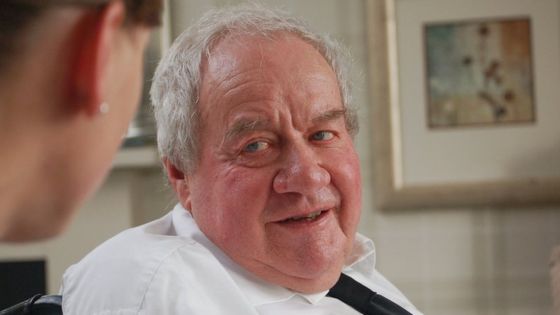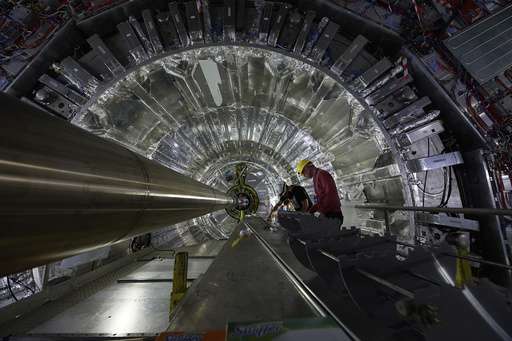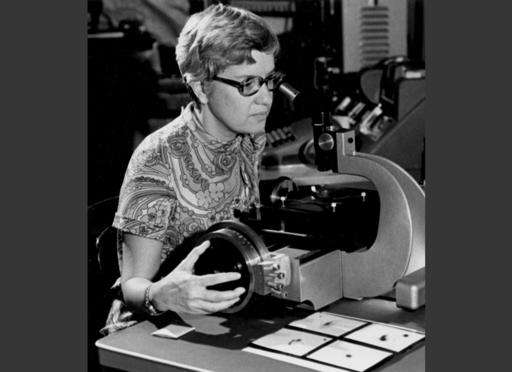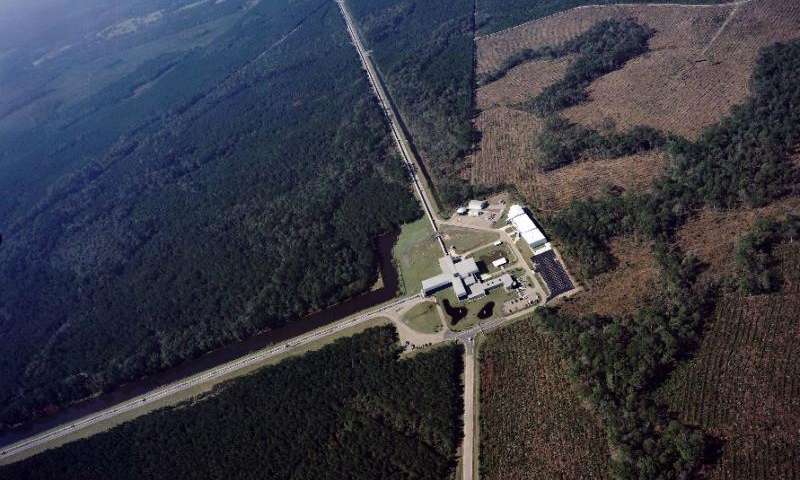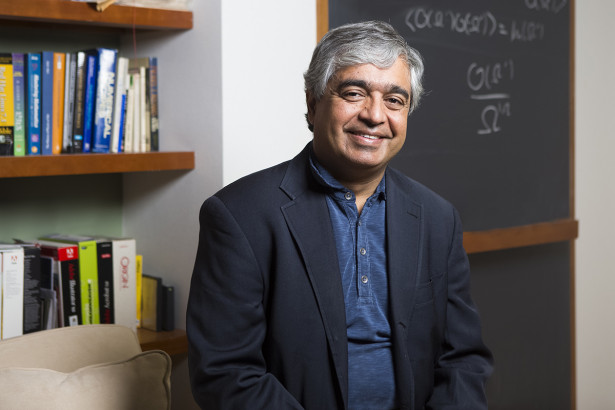Category Archives: physics
Gravitational waves pioneer Ronald Drever dies
Scottish physicist Ronald Drever, one of the architects behind the discovery of gravitational waves, has died at the age of 85.
Source: Gravitational waves pioneer Ronald Drever dies – BBC News
The quest to crystallize time

Bizarre forms of matter called time crystals were supposed to be physically impossible. Now they’re not.
Source: The quest to crystallize time
Key experiment at the Large Hadron Collider (LHC) gets upgrade
Scientists are upgrading one of the four main experiments on the world’s biggest atom smasher in hopes it will help them discover previously unknown particles or physical properties.
Source: Key experiment at world’s biggest atom smasher gets upgrade
Vera Rubin, who did pioneering work on dark matter, dies
Vera Rubin, a pioneering astronomer who helped find powerful evidence of dark matter, has died, her son said Monday.
Source: Vera Rubin, who did pioneering work on dark matter, dies
Joseph L. Birman, Physicist and Humanitarian, Dies at 89 – The New York Times
Dr. Birman was instrumental in the creation of a program that helped refugee scientists restart their careers in the United States in the 1990s.< Source: Joseph L. Birman, Physicist and Humanitarian, Dies at 89 – The New York Times
USA Science and Engineering Festival – Home

 Celebrate STEM at the largest science festival in the country! Join the 4th USA Science & Engineering Festival in Washington, D.C. April 16-17, 2016.
Celebrate STEM at the largest science festival in the country! Join the 4th USA Science & Engineering Festival in Washington, D.C. April 16-17, 2016.
Source: USA Science and Engineering Festival – Home
Possible signature of dark matter annihilation detected
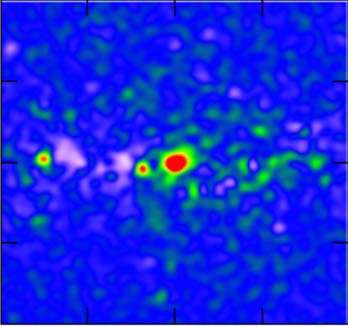
A false-color image of the anomalous gamma-ray emission from the central region of the Milky Way galaxy; this emission is suspected of coming from dark matter annihilation. In this image, the emission from conventional sources has been subtracted from the total. The region covers roughly five degrees; the brightest emission is colored red and faintest blue. Credit: Daylan et al.
CfA astronomer Doug Finkbeiner and a team of colleagues claim to have identified just such a signature of dark matter annihilation.
Read more at: http://phys.org/news/2016-03-signature-dark-annihilation.html#jCp
Physicists investigate the structure of time…
Although in theory it may seem possible to divide time up into infinitely tiny intervals, the smallest physically meaningful interval of time is widely considered to be the Planck time, which is approximately 10-43 seconds. This ultimate limit means that it is not possible for two events to be separated by a time smaller than this.
Physicists investigate the structure of time, with implications for quantum mechanics and philosophy
Taming Superconductors With String Theory | Quanta Magazine
The physicist Subir Sachdev borrows tools from string theory to understand the puzzling behavior of high-temperature superconductors.
